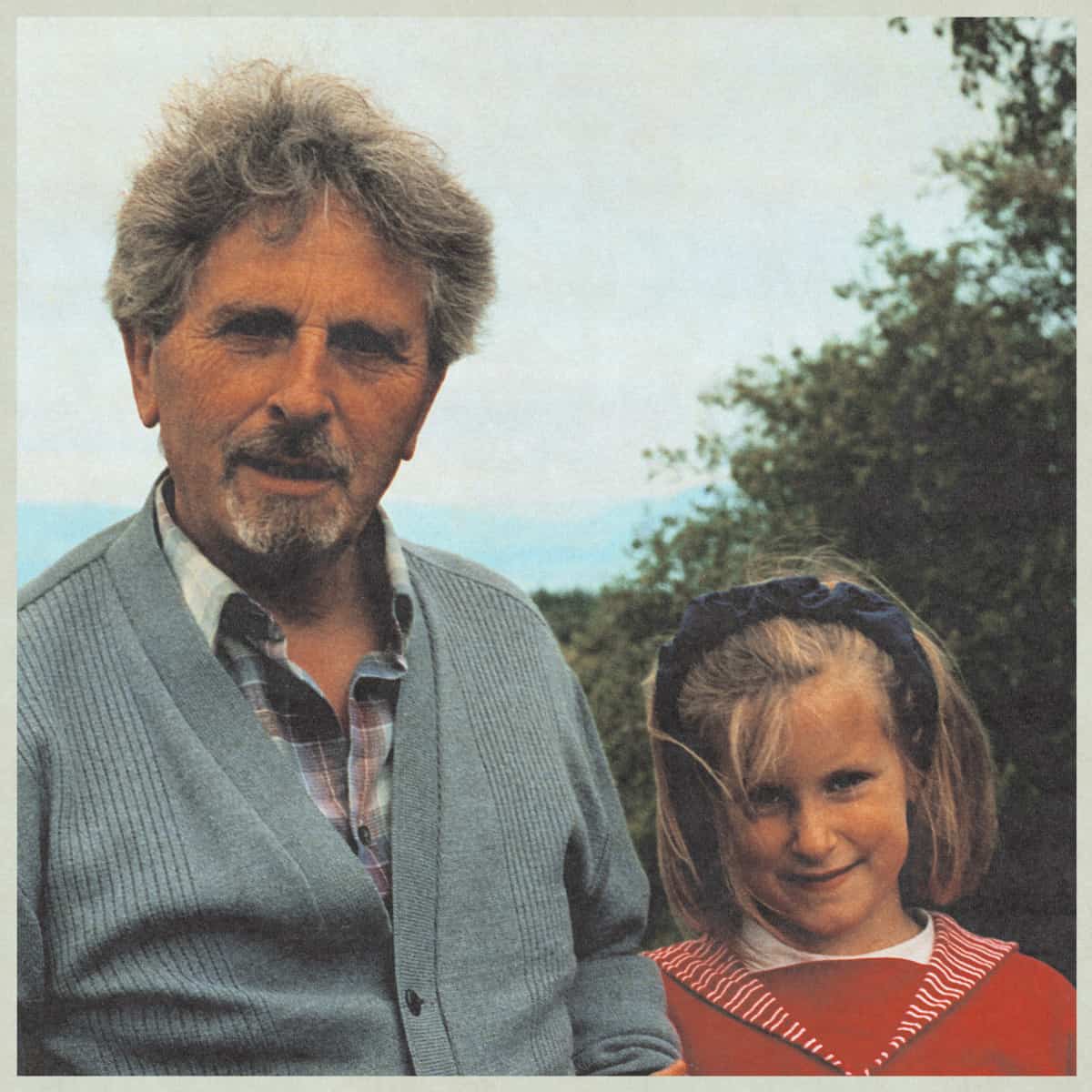“They said it was a mad world out there. Dog eat dog, everything was dying. But that is not what I remember…” sings Susanne Sundfør on her new album blómi. Conceived of as a “love letter” to her young daughter, the record bleeds optimism and warmth and stubbornly rejects cynicism.
The Norwegian musician and producer’s sixth studio album arrives six years after her last LP Songs for People in Trouble whose acoustic folk and jazz compositions let in some natural light and fresh air following the dark, stormy synths of Ten Love Songs. blómi is a less decisive break with the past. Its incandescent vocal harmonies are a continuation of Sundfør’s rich choral arrangements on 2010’s The Brothel and 2012’s The Silicone Veil, while the passionate piano ballads are reminiscent of the uncomplicated acoustic pop of her eponymous debut.
You might be forgiven for thinking that the hopeful and loving message behind blómi, which means “to bloom” in Norse, would dilute Sundfør’s more avant-garde tendencies. But the record doesn’t shy away from the weirder side of the artist’s repertoire, opening and concluding with a spoken word piece backed by an eerie sci-fi soundscape of mechanical and electronic noises and cool, flickering flutes.
From the spacey hum of the opener, delicate piano and angelic vocals emerge and coalesce into the beguiling and mystical ashera’s song. The album’s title track is much more direct, a bright, jazzy ode to Sundfør’s daughter, emblazoned with saxophone, organ and lush backing vocals, while fare thee well is a similarly soulful, piano-led waltz in the vein of Carole King.
Throughout the album, Sundfør transforms conventional instrumentation into majestic and emotive set pieces, such as the alchemical effect of crisp, earthy guitar and celestial piano melting together on rūnā. The track leikara ljóð takes this approach a step further, building its uplifting, whimsical melody just from birdsong, a cappella vocals, and hand claps. Meanwhile, stilted, DIY percussion jolts alongside jazz flute and whispered German lyrics on the skeletal ṣānnu yārru lī.
The record’s emotional centrepiece, too, is comprised of simple elements. alyosha’s twinkling piano and guitar trip up and down the scale with a lullaby innocence before Sundfør, guiding us through radiant chord changes and modulations, brings us to the song’s resplendent finale: a defiant declaration of hope and a triumphant homecoming.


Comments